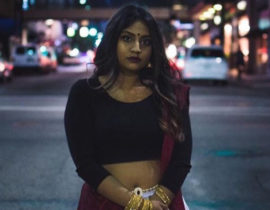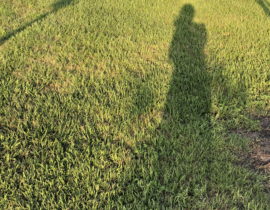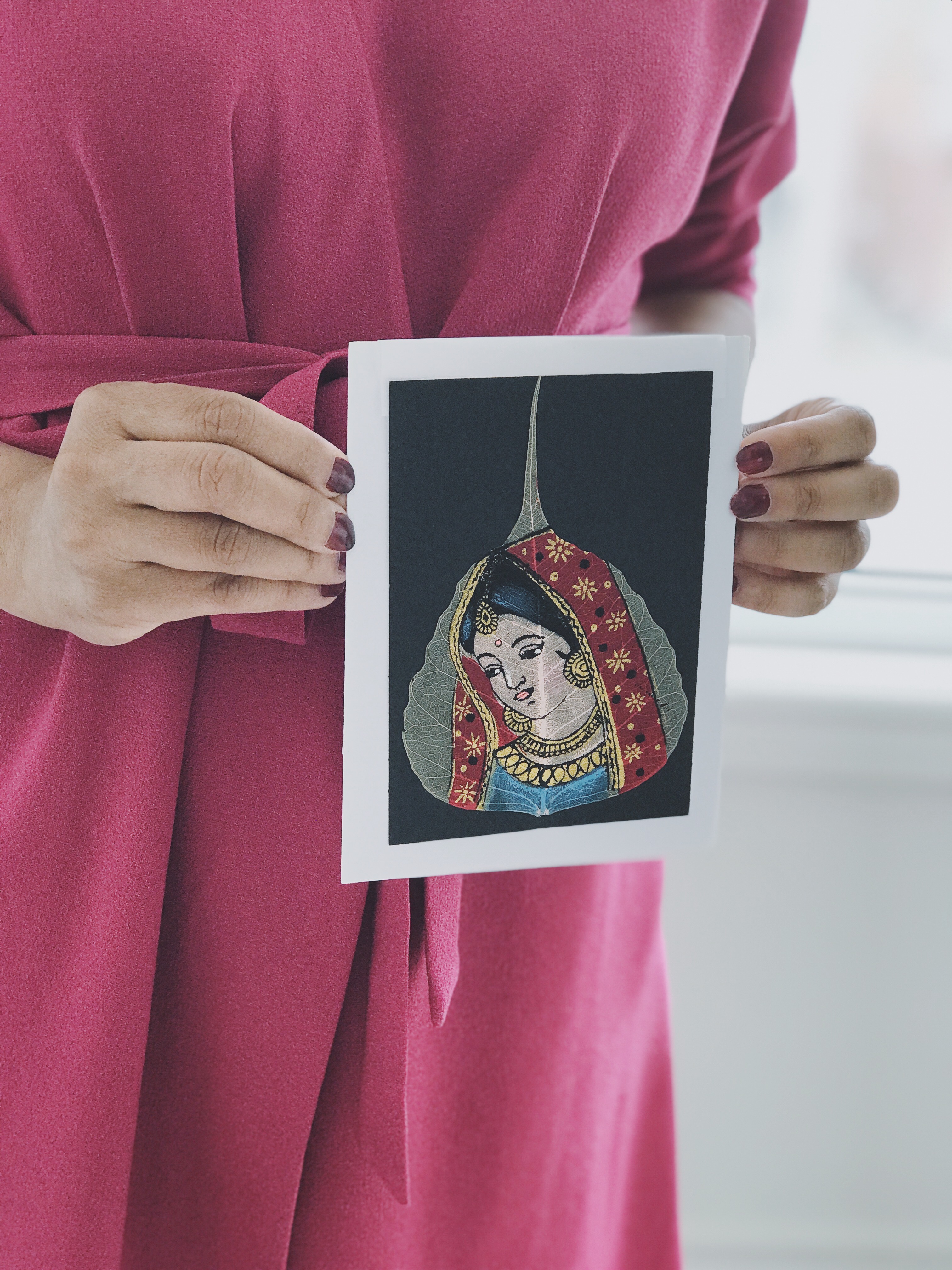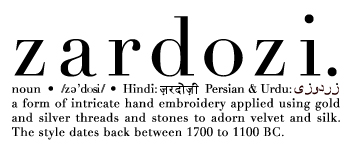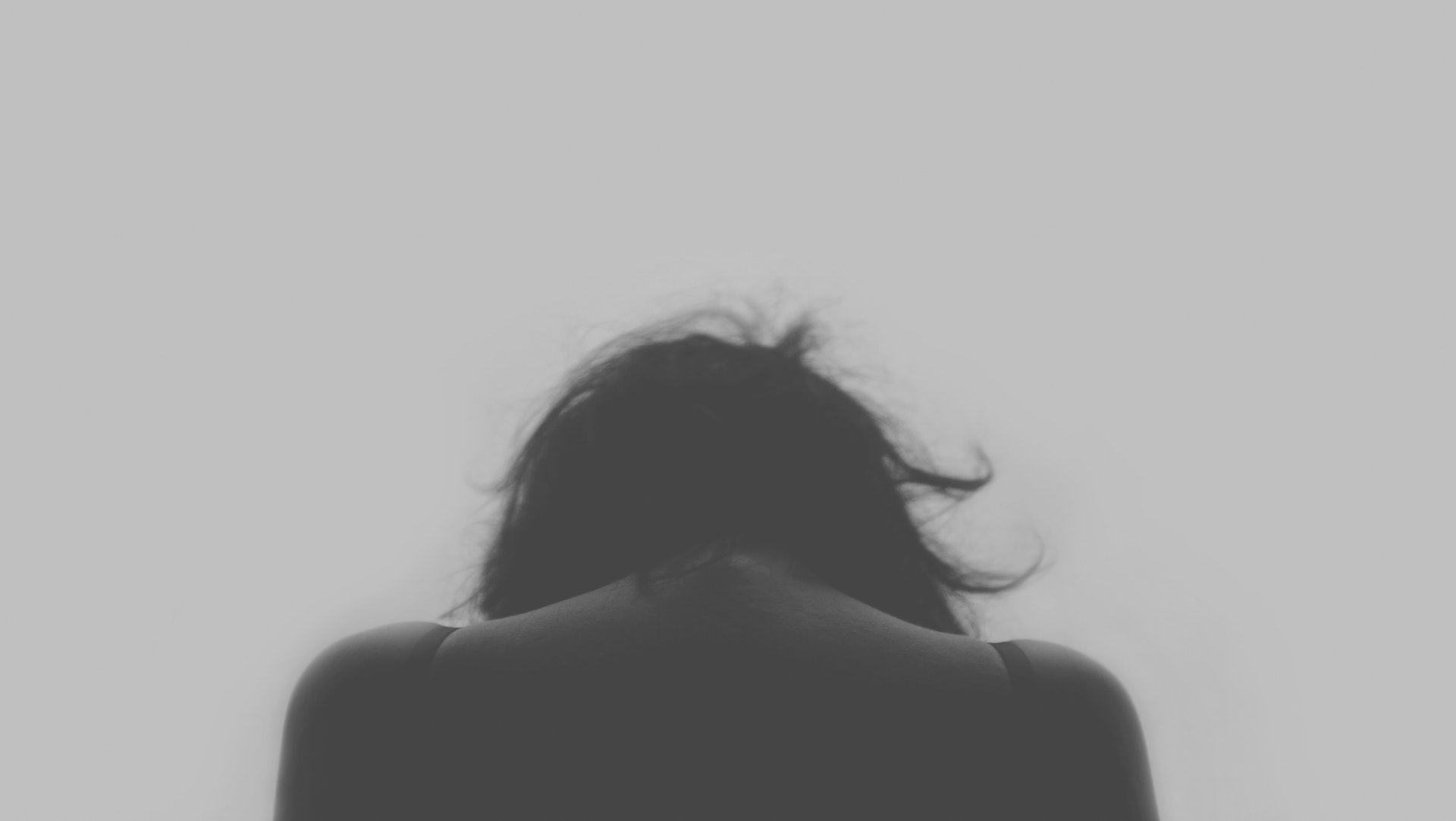
A Zardozi woman shares her painful story of depression and how she’s working to break the stigma surrounding mental health issues in the South Asian community
Sadly, I was born into a local culture where the birth of a female child was seen as burden onto my family. Instead of my parents being congratulated on the birth of a healthy new born baby, they were greeted with sadness and sorrow. Meer minutes into being born, I was seen as being a costly misfortune, which would shadow over my family. This frame of thought carried throughout my upbringing as I consistently fought forced oppression based on my social location of being an Indo-Canadian female from the working class. Above this, my family resided amongst the upper-middle class of Oakville, Ontario. My cultural difference was evident as I consistently dressed and looked different in comparison to my peers. Also during this period, my home life was going through a transition. At this time, it was forced upon my parents to adopt their nephew from India. This was done so they would finally be able to have a son to carry on the family name. As a child, this notion that I was less than my peers, and even less than the rest of my family would find itself deeply ingrained within my psyche and continue to demoralize me as I began entering adolescence. Though my childhood I faced adversity and struggles as I attempted to fit in and feel accepted. Due to these adversities my mental state had begun slowly degrading.
I was always an anxious child. Every new place I went or new experience made me nervous. The unknown disturbed me, but because we lived in a community where we didn’t discuss weakness, where mental illness wasn’t a thing, I never brought it up.
My first thoughts of suicide came to mind when I was eleven. I remember lying in bed, feeling overwhelmed.
If I held my breath, I would just die I thought. I wouldn’t have to deal with this stress. No eleven-year-old should feel that way. Was my life hard compared to other people’s situations? Not really. The logical side of me knew that, but something inside of me had taken hold of how I felt.
In high school I lived as an outsider, my feelings getting progressively worse. I was an East Indian in Canada – my eastern values and western upbringing constantly conflicting.
When I was nearing the end of my teenage years and the start of my university academic career, I entered into an intimate relationship. In 2006, I enrolled in the Honors Science and Business program at the University of Waterloo. The beginning of my university career proved to be filled with more grief, adversity, and escalating complications.
At home I played a certain role, ate certain foods and spoke a language with my grandparents that my peers would never understand. Outside, I dated a Caucasian guy whose identity was conflicted because he never wanted to be with a person of colour, but yet we got along so well.
My partner at the time became involved in an increasingly dangerous business of trafficking narcotics and other illegal substances. I became aware of this when he was first incarcerated. In my naivety, I felt as if I cared deeply for him, and despite his profusion of unhealthy habits, I looked passed all of that and continued to stand by his side. Staying in such a toxic relationship continued to degrade my wellbeing.
Everything was confusing, but I wasn’t alone since my mom was my best friend. Having been raised in Canada too, I felt there were certain things she would understand. She was like a big sister.
Then it hit me during my first year of university. I was no longer in the safety of my home, living with strangers. Everything was new. That’s when things really started. But like anyone with a form of depression or anxiety I had a silver lining and that one person was enough to give me hope, who kept me going. My life line. I wasn’t entirely alone.
In my second year, I began to question why I was in school. I hated my program and began to seek jobs that would help me discover my passion. I began inputting patient files at a doctor’s office where it seemed like everyone was on anti-depressants. I anxiously walked up to the doctor’s door and I stood there shaking and crying as I relayed how I felt. That was the first time I was put on medication.
“Depression wasn’t an open conversation…in our community people didn’t share the history of suicide and mental depression in their families.”
Conflicted and confused, I didn’t understand what was happening to me. I didn’t believe I needed drugs. I went to a naturopath, my mom and I started going to the gym – I did everything to feel better. Depression wasn’t an open conversation. Friends didn’t talk about it, professors acted as though academically it meant you just couldn’t handle it and in our community people didn’t share the history of suicide and mental depression in their families. The majority of the population felt like depression was an excuse. At this time, CAMH had come out with a study, that concluded 83% of Ontario’s population believed the diagnosis of depression was a mere excuse for personal failure
Then, my dad lost his job, my boyfriend was arrested for drugs and the stress of school continued to grow, but I couldn’t tell anyone – I felt I had to handle it all on my own. Then my doctor offered me an anti-anxiety prescription without any other discussion around stress management and coping mechanisms.
That day still feels like a fog in my memory. My roommate recalls that I came home and was acting extremely anxious, my words like sparks and tone of the conversation negative.
Earlier in the day a test had not gone well, an assignment had not been handed in on time and a professor had suggested that perhaps my being at school was only as a result of the pressure of South Asian parents. Maybe I wasn’t here for the right reasons or in the right place. That’s it, I had officially been pushed over the edge.
As I walked home I could feel the sun beating down on me. It was hot and I felt disoriented. I have no idea where to go from here – my thoughts spiraling around in my head.
I opened the door, spoke a few words to my roommate and went straight into my room to lay down on my bed. This world is too hard I thought.
Recounting the story, my best friend tells me I wrote a suicide note. I had called her to say goodbye – the inner words of the conversation she since has never shared with me. Take care of my parents – those words burned deep inside her brain.
My last recollection was walking out of my room. I collapsed and my mug full of tea shattered on the floor.
My mom had been called, she panicked and someone called 911. I remember waking up in the middle of the night. My heart had stopped beating in the ambulance, I had swallowed a bottle of prescription and other pills. I had given up.
Thinking back to my job at the doctor’s office, I used to watch patients go from these beautiful, bold, bright lipstick wearing individuals to a transition of us giving a bad diagnosis. I would give you my life I thought, this life is too hard and I don’t want it. If only I could I would give it to you.
I opened my eyes and looked up at the bright florescent light above. The harsh pull of my jeans rubbing against my legs, people were buzzing by. I was stationed next to the nurses’ station, no longer human, but a transitionary object waiting to be taken care of. I felt like no one was watching. Was I still invisible? Where are my parents I asked? Someone muttered that they had gone home. I found out later they had waited all night in the waiting room to see me, but the system made me believe I was still alone.
How did I get here I later asked? “Steph called panicked”, my mom recounted. I felt shameful, remembering having called her asking her to take care of Mum and Dad.
“I later found out that my Dad had lost his sister to suicide…My illness was hereditary, a known history in our family.”
I later found out that my Dad had lost his sister to suicide. She was only 20 and she was the one who named me. My illness was hereditary, a known history in our family. We needed more open dialogue. I knew I could make a difference and help.
In that moment, I decided I wanted to get better and on my own accord. I recall cutting my hospital bracelet – never again I thought.
- Post Secondary Student Help Line: http://www.good2talk.ca
- Distress Lines/Mobile Team: http://www.camh.ca/en/hospital/health_information/finding_help/Pages/distress_crisis_resources.aspx
- Self Care (Mindfulness Based Stress Reduction Techniques, Aroma Therapy, Physical Activity, meditation etc. – Im sure this can be a whole topic/discussion/post on its own )


